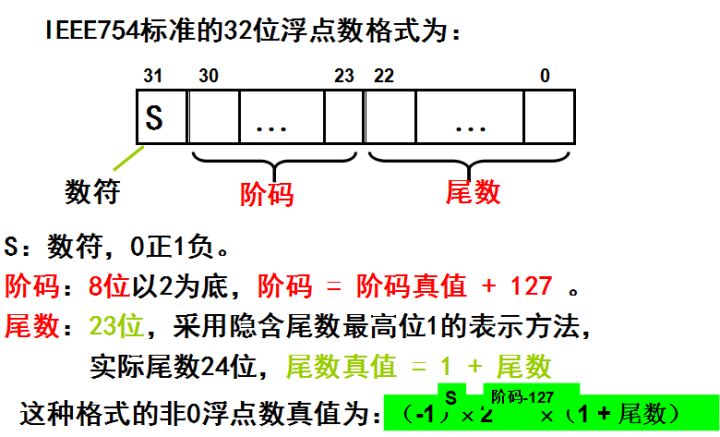这两个命令用来编译release版本的二进制文件
gn gen out/release –args=”is_component_build=false is_debug=false”
ninja -C out/release nginx-1.18.0_ipdb
默认系统头文件和依赖库
build/linux/debian_sid_amd64-sysroot 这个目录相当于根目录, usr/lib和usr/include 分别放了依赖库和头文件
chromium移除了这两个文件,不知道为何, 会导致nginx 编译失败,目前解决办法是从旧版本拷贝过去
build/linux/debian_sid_amd64-sysroot/usr/lib/x86_64-linux-gnu/libcrypt.so
build/linux/debian_sid_amd64-sysroot/usr/include/crypt.h
修改编译参数
build/config/compiler/BUILD.gn, 比如nginx 可能需要把这个特性关掉
if (!is_nacl && !use_libfuzzer) {
#cflags += [ “-Wunreachable-code” ]
}
编译方式
executable(“fssnginx-1.18.0_ipdb”) {
sources = [
“/root/fssnginx/nginx-1.18.0/objs/ngx_modules.c”,
“/root/fssnginx/nginx-1.18.0/src/core/nginx.c”,….
]
include_dirs = [
“/root/fssnginx/nginx-1.18.0/src/core”,
“/root/fssnginx/nginx-1.18.0/src/event”,
“/root/fssnginx/nginx-1.18.0/src/event/modules”,
“/root/fssnginx/nginx-1.18.0/src/os/unix”,
“/root/fssnginx/nginx-1.18.0/nginx_upstream_check_module-master”,
“/root/fssnginx/nginx-1.18.0/ngx_devel_kit-0.3.0/objs”,
“/root/fssnginx/nginx-1.18.0/objs/addon/ndk”,
“/root/fssnginx/nginx-1.18.0/lua-nginx-module-0.10.13/src/api”,
“/root/fssnginx/nginx-1.18.0/pcre-8.42”,
“/root/fssnginx/nginx-1.18.0/zlib-1.2.11”,
“/root/fssnginx/nginx-1.18.0/objs”,
“/root/fssnginx/nginx-1.18.0/src/http”,
“/root/fssnginx/nginx-1.18.0/src/http/modules”,
“/root/fssnginx/nginx-1.18.0/src/http/v2”,
“/root/fssnginx/nginx-1.18.0/src/http”,
“/root/fssnginx/nginx-1.18.0/ngx_devel_kit-0.3.0/src”,
“/root/fssnginx/nginx-1.18.0/ngx_devel_kit-0.3.0/src”,
“/root/fssnginx/nginx-1.18.0/ngx_devel_kit-0.3.0/objs”,
“/root/fssnginx/nginx-1.18.0/objs/addon/ndk”,
“/root/fssnginx/nginx-1.18.0/luajit/include/luajit-2.0”,
“/root/fssnginx/nginx-1.18.0/quic_module/chromium”,
]
deps = [
“:epoll_quic_tools”,
“:epoll_server”,
“:net”,
“:simple_quic_tools”,
“//base”,
“//third_party/boringssl”,
]
lib_dirs = [
“/root/fssnginx/nginx-1.18.0/json-c/lib”,
“/root/fssnginx/nginx-1.18.0/luajit/lib”,
]
libs = [
“/root/fssnginx/nginx-1.18.0/pcre-8.42/.libs/libpcre.a”,
“/root/fssnginx/nginx-1.18.0/zlib-1.2.11/libz.a”,
“luajit-5.1”,
“json-c”,
“crypt”,
]
cflags_c = [
“-D_FORTIFY_SOURCE=2”,
“-DTCP_FASTOPEN=23”,
“-DNDK_SET_VAR”,
]
}



